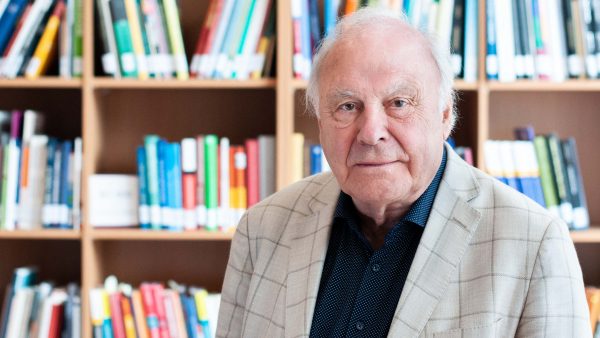Europe and the Mediterranean. Talking, Learning, Working, and Living Together 3
Europe Bottom-Up Nr.17 | 24.03.2017 I Dr. Udo Steinbach I A Conference in Heraklion/Crete, Greece 24-27 April 2017, Conference Papers (Part 1)
Welcoming Address by the Governor of Crete
By Stavros Arnaoutakis
Dear Members of the University Community, Dear Mr. Minister, Dear Mr. Ikonomou, Ladies and Gentlemen,
I am very happy to welcome you to Heraklion. We welcome you to a city with century-long history, a history associated to the Mediterranean and to the common tradition of south-eastern Europe.
It is very important that the conference begins today, in the historical building of St. Mark’s basilica, since, through the history of this city, the title of the conference takes life and is transformed into historical reality.
As a space and place of memories and modern challenges, the Mediterranean acquires its essence, though the historical times of Heraklion and Crete.
Heraklion – later known as “the Khandak” of the Arabs and the Venetians and “the Big Castle” of the Byzantines – was the birthplace of the first European civilization, which flourished in Crete (it was the Minoan civilization of Crete that lent the name “Europe” to our continent), and birthplace to important personalities of the arts, letters and culture.
Ladies and Gentlemen,
it has been almost 22 years since the historic summit of Barcelona in 1995, when the Declaration of Barcelona was adopted, marking the beginning of the dialogue and the promotion of cooperation policies between the two parts of the Mediterranean, that is, the member states of the E.U. and the rest of the countries along the southern coast of the Mediterranean.
That was the first time that countries with special historical and cultural roots gathered around the same table, with the signs of political and other conflicts among them still visible. The purpose of that summit was the will of the countries involved to participate in a process, which would be based on four pillars: peace, security, welfare and stability. Since then, the E.U. and its policies implemented for the Mediterranean area have been further developed and propagated. …






